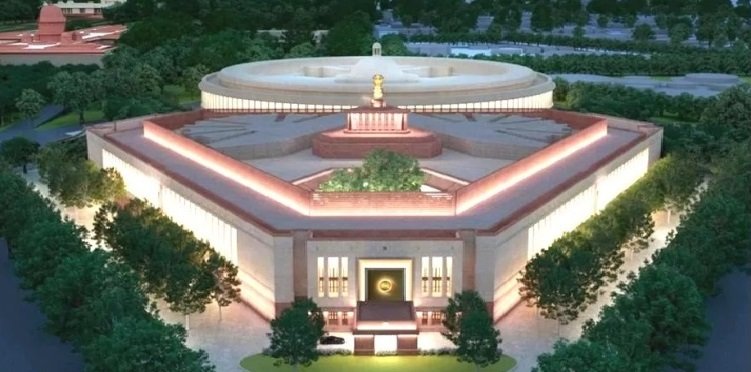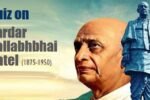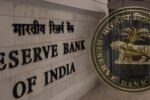List of Indian Members of Parliament: Their Roles, Powers and Responsibilities

India, the largest democracy in the world, functions through a well-defined parliamentary system. At the heart of this system are the Members of Parliament (MPs), who are elected representatives tasked with ensuring governance, law-making, and voicing the concerns of the people.
Structure of the Indian Parliament
The Indian Parliament is bicameral, consisting of two houses:
- Lok Sabha (House of the People)
- Directly elected by the people of India.
- Members serve a term of five years unless dissolved earlier.
- Total strength: 545 members (530 represent states, 13 represent union territories, and 2 are nominated by the President from the Anglo-Indian community if required).
- Rajya Sabha (Council of States)
- Members are indirectly elected by state legislative assemblies.
- The body is permanent, with one-third of its members retiring every two years.
- Total strength: 245 members (233 elected and 12 nominated by the President for their expertise in fields such as literature, art, science, and social services).
How Members of Parliament Are Elected
- Lok Sabha MPs: Elected directly through general elections, conducted every five years.
- Rajya Sabha MPs: Elected by the legislative assemblies of states and union territories using a proportional representation system through a single transferable vote.
Roles and Responsibilities of MPs
- Legislative Role
MPs are responsible for drafting, debating, and passing laws. They play a crucial role in shaping the legal framework of the nation. - Budget and Financial Oversight
MPs participate in discussions related to the budget, taxation, and financial planning, ensuring funds are used effectively. - Representation
MPs represent their respective constituencies or states. They raise issues, grievances, and concerns of the public in Parliament. - Oversight of the Executive
MPs scrutinize the actions of the government. They question ministers, participate in parliamentary committees, and ensure accountability. - Debate and Discussion
Members play an essential role in national debates, discussing crucial issues such as social welfare, economic growth, national security, and foreign policy. - Constituency Services
Lok Sabha MPs are directly accountable to their constituents and are expected to address local issues, improve infrastructure, and ensure the efficient delivery of public services.
Powers of Members of Parliament
- Law-Making Powers: MPs have the power to introduce and vote on bills.
- Questioning Powers: MPs can question ministers during the Question Hour, seeking clarification or explanations.
- Impeachment: MPs can initiate proceedings to impeach the President or judges under specified circumstances.
- No-Confidence Motion: Lok Sabha MPs can move a no-confidence motion against the government, potentially leading to its resignation.
Challenges Faced by MPs
- Time Constraints: Parliamentary sessions are often limited, leaving little time for in-depth debates.
- Party Pressures: MPs may face pressure from political parties, affecting their independent decision-making.
- Public Expectations: The increasing demands of constituents, combined with limited resources, can make it challenging to fulfill all promises.
Recent Reforms and Initiatives
Efforts have been made to improve transparency and accountability in Parliament. Digitization initiatives, such as live telecasts of parliamentary proceedings and online platforms for bills and debates, have enhanced public engagement.
Indian Members of Parliament play a vital role in shaping the nation’s future. As representatives of the people, they must uphold democratic principles, ensure effective governance, and work for the welfare of the country. Strengthening the roles and responsibilities of MPs is essential to fostering a transparent and responsive democracy.
List of Members of 18th Parliament
The 18th Lok Sabha was formed after general elections were held in India over seven phases from 19 April to 1 June 2024, to elect all members from 543 constituencies of the Lok Sabha. The votes were counted, and the results were declared on 4 June 2024. The Bharatiya Janata Party (BJP) won a plurality of seats with 240, followed by the Indian National Congress (INC) with 99 seats. With the required absolute majority being 272 seats, having 293 seats, the BJP-led National Democratic Alliance (NDA) coalition formed the government. Prime Minister of India Narendra Modi (BJP) is the Leader of the House and Rahul Gandhi (INC) is the Leader of Opposition.
List of Members of 18th Parliament

More GK Topics:






